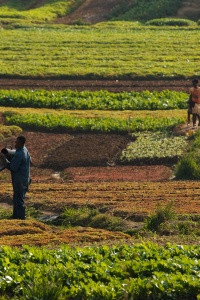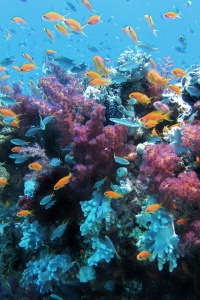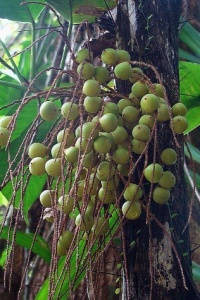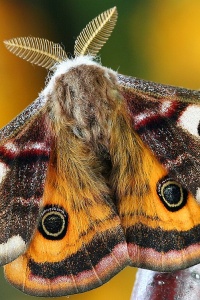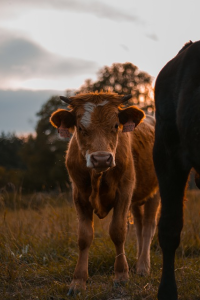An ecological niche describes the role an organism plays within a community (which here refers to all the different groups of species commonly found within a particular area). A particular species’ ecological niche encompasses all resources and conditions (both biotic and abiotic) required for a species to maintain a viable population and its interactions with other species (including competitors and predators).
As an example, we might talk about the ecological niche occupied by large, grazing herbivores: they are able to digest widespread but energy-poor and cellulose-rich food; they move relatively large distances and substantially alter the distribution of plant species across these ranges, creating grasslands and retarding or preventing afforestation; they are predated only by the largest carnivores in their habitats. Such a niche exists in many ecosystems but can be occupied by different specific species (larger deer, cattle, buffalo, etc.).

